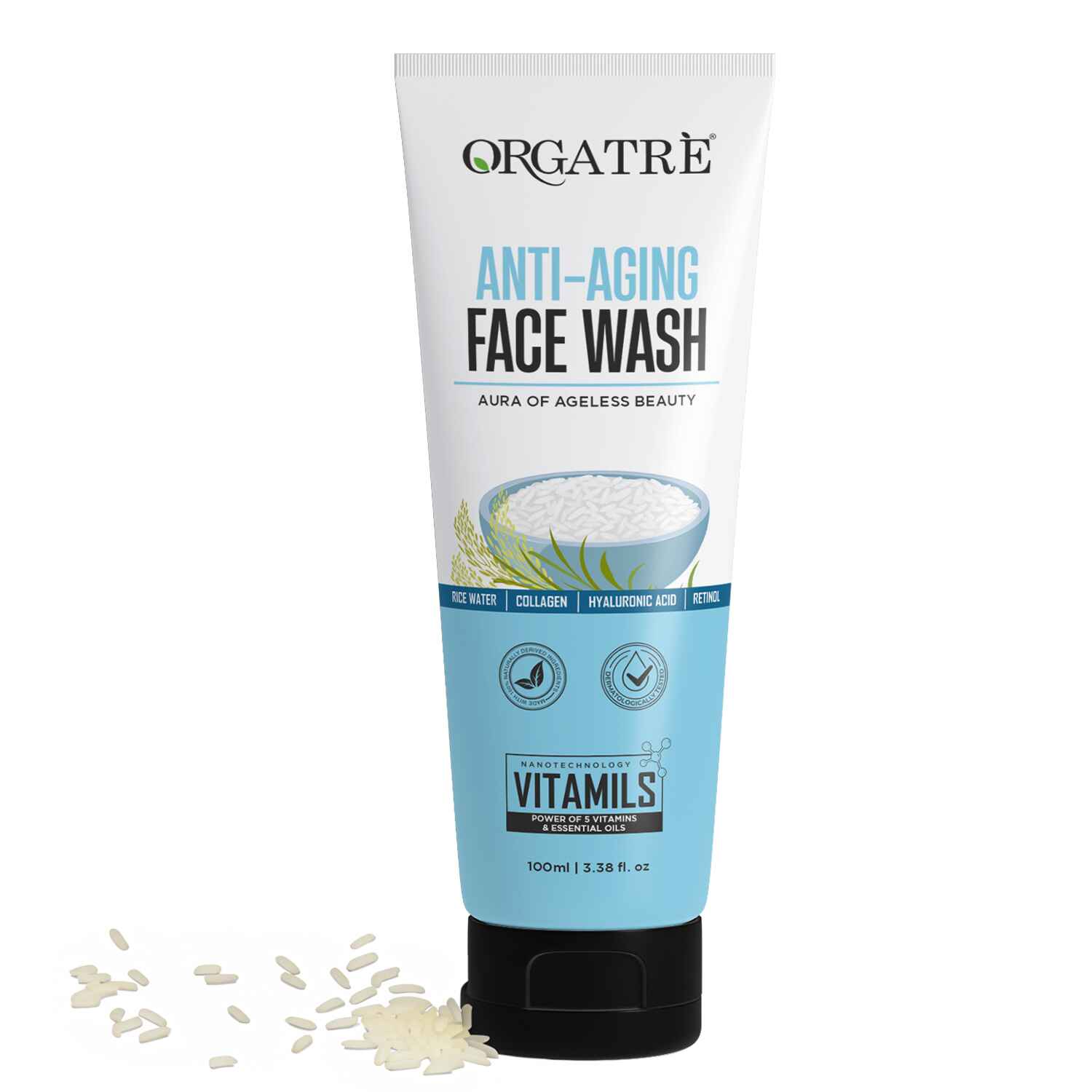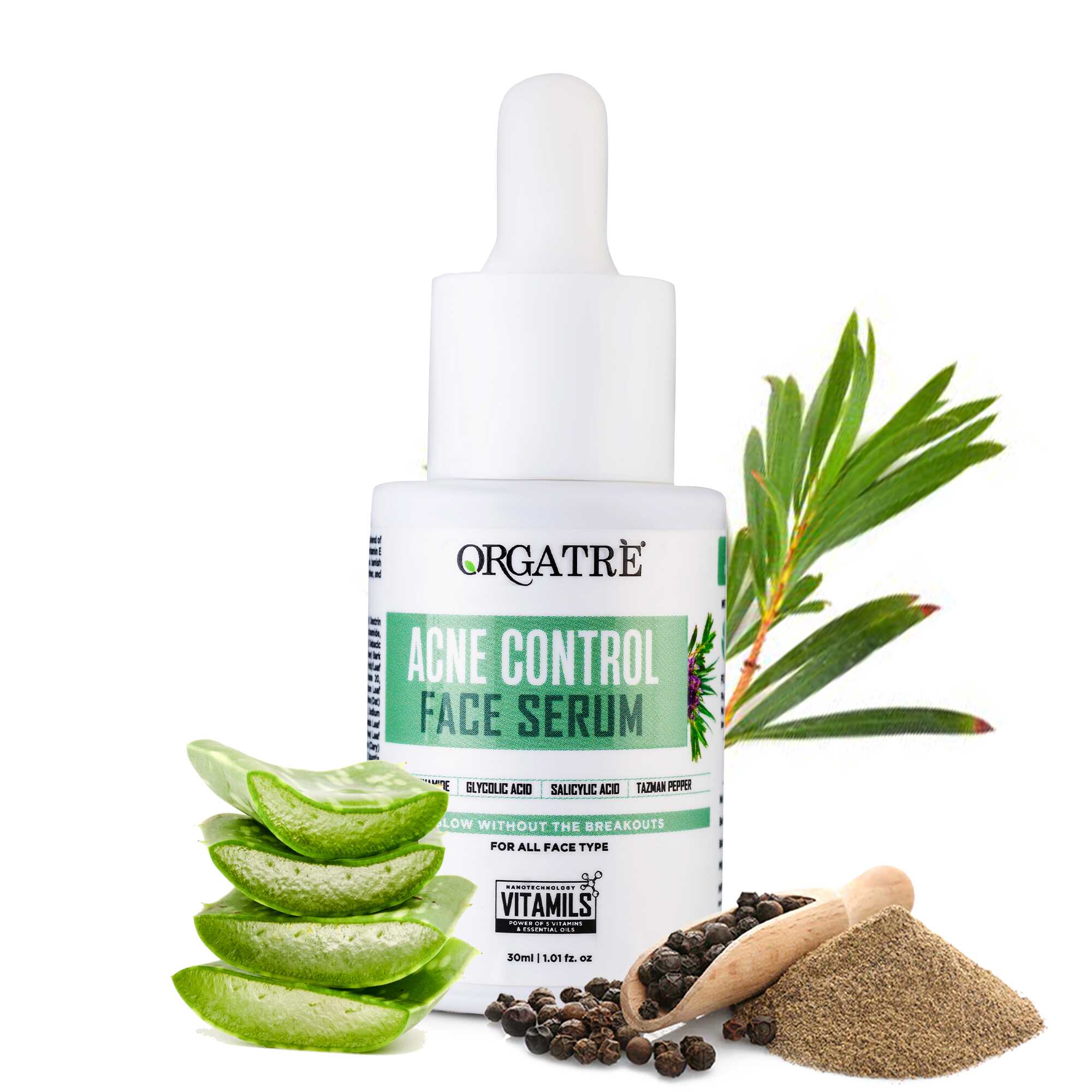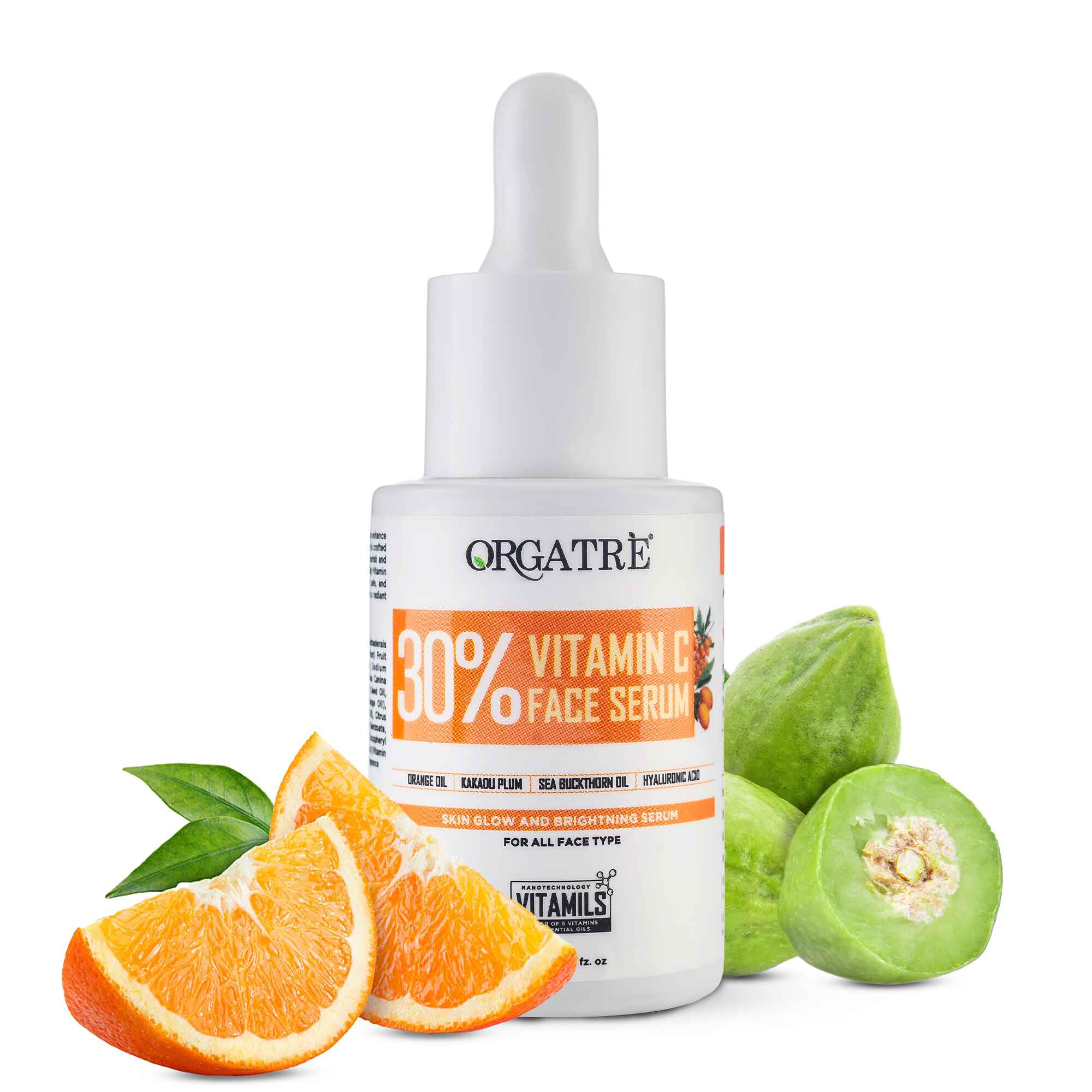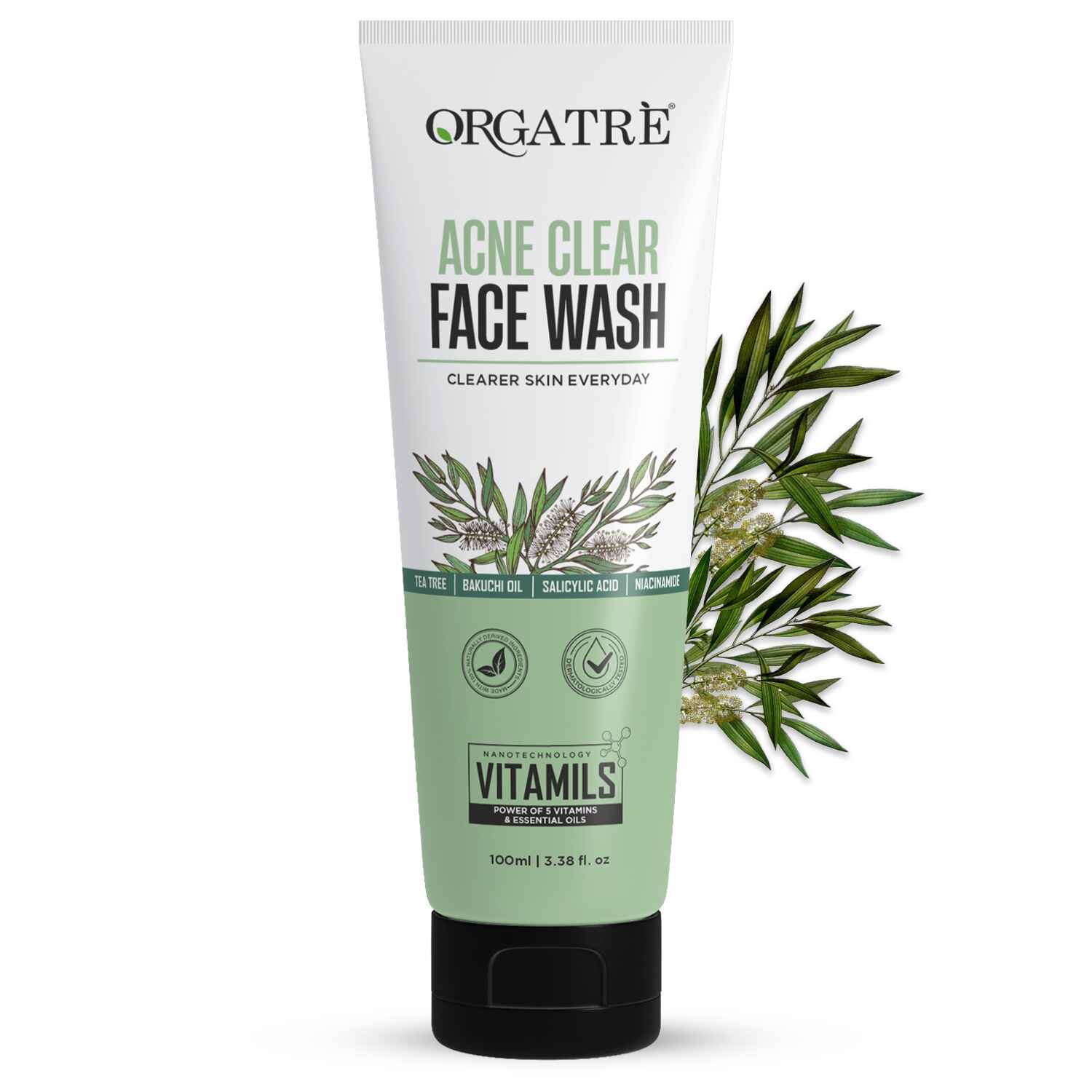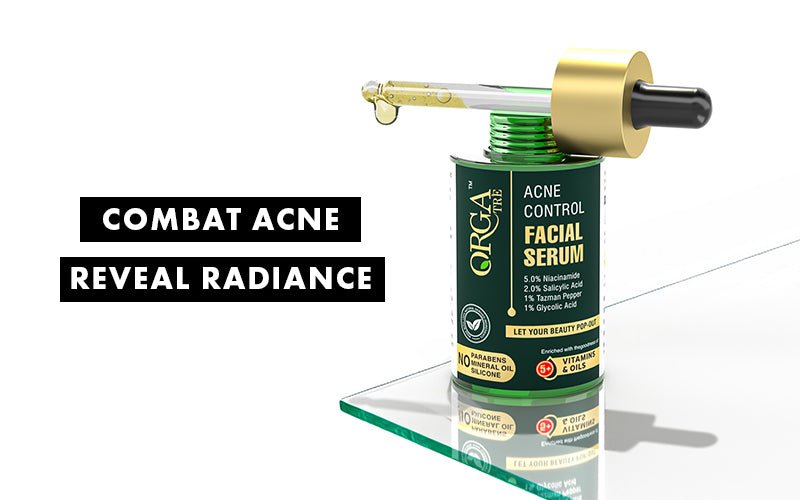Ingredients to Avoid in Skincare Products for Hyperpigmentation
Once upon a time, in the bustling world of skincare, our hero set out on a quest. The mission? To battle the persistent villain known as hyperpigmentation. Armed with the best potions and lotions, our hero quickly realized that not all skincare products are created equal. Some contain ingredients that could exacerbate the problem, rather than solve it. And so, our story begins: a long ride through the world of skincare ingredients, filled with plenty of wisdom. Buckle up, because this is going to be a fun journey!
The Hyperpigmentation Hustle: What You Need to Know
Before we dive into the list of ingredients to avoid, let’s take a moment to understand our nemesis: hyperpigmentation. This pesky condition causes certain areas of the skin to become darker than the surrounding skin. It’s often caused by an overproduction of melanin, the pigment responsible for skin color, and can result from sun exposure, inflammation, or hormonal changes.
While hyperpigmentation is generally harmless, it can be frustrating and affect your confidence. Enter our hero: skincare. Specifically, targeted treatments like Orgatre's Acne Control Facial Serum. This serum is like the shining knight, ready to fight the hyperpigmentation battle. But even knights need to be careful of the traps set by enemy ingredients. So, let’s get into it.
The Villains: Ingredients to Avoid
Alcohol: The Dehydrator Extraordinaire
Imagine trying to quench your thirst with a dry martini. Not the best idea, right? Similarly, alcohol in skincare products can be incredibly drying. While it might give a quick matte finish, it strips away the skin's natural oils, leading to dehydration and irritation. This can trigger the skin to produce more melanin, making hyperpigmentation worse. Look out for ingredients like ethanol, isopropyl alcohol, and SD alcohol. Your skin will thank you for avoiding these dehydrating villains.
Fragrance: The Masked Mischief-Maker
Fragrance in skincare is like the charming rogue in a movie: it smells good, but you can’t trust it. Fragrances can cause allergic reactions and irritation, which can worsen hyperpigmentation. They often contain a cocktail of chemicals that can be harsh on sensitive skin. So, when you see “fragrance” or “parfum” on a product label, be wary. Opt for fragrance-free products to keep your skin calm and happy.
Sulfates: The Overzealous Cleaners
Sulfates are the ingredients that give your cleansers and shampoos that satisfying lather. However, they can be too good at their job, stripping away natural oils and leaving your skin dry and irritated. This can lead to inflammation, triggering more melanin production. Common sulfates to watch out for include sodium lauryl sulfate (SLS) and sodium laureth sulfate (SLES). For a gentler cleanse, choose sulfate-free products.
Artificial Dyes: The Colorful Conspirators
Those vibrant, neon-colored skincare products might look fun, but they could be hiding a dark secret. Artificial dyes can cause irritation and allergic reactions, particularly in those with sensitive skin. This can exacerbate hyperpigmentation. Look out for products that are naturally colored by their ingredients.
Hydroquinone: The Double-Edged Sword
Hydroquinone is a well-known ingredient in skin lightening products. While it can be effective in treating hyperpigmentation, it’s a double-edged sword. Long-term use can cause ochronosis, a condition that results in bluish-black pigmentation. It’s banned in many countries due to its potential side effects. If you choose to use hydroquinone, do so under the guidance of a dermatologist and for short periods only.
Mineral Oil: The Pore-Clogging Offender
Mineral oil is a common ingredient in skincare products due to its moisturizing properties. However, it can create a barrier on the skin that traps dirt and bacteria, leading to clogged pores and breakouts. This can trigger inflammation and worsen hyperpigmentation. Look for non-comedogenic oils like jojoba or rosehip oil as safer alternatives.

Embracing the Heroes: Ingredients That Fight Hyperpigmentation
Now that we’ve identified the villains, let’s turn our attention to the heroes. These ingredients are the shining stars in the battle against hyperpigmentation:
Vitamin C: The Brightening Superhero
Vitamin C is a powerhouse ingredient for brightening the skin and reducing hyperpigmentation. It works by inhibiting the enzyme tyrosinase, which is involved in melanin production. Regular use of a Vitamin C Serum for Acne and hyperpigmentation can help fade dark spots and even out skin tone. Plus, it has antioxidant properties that protect the skin from environmental damage. Just make sure to use it with a broad-spectrum sunscreen, as it can make your skin more sensitive to the sun.
Niacinamide: The Multifunctional Marvel
Niacinamide, also known as vitamin B3, is a versatile ingredient that offers multiple benefits. It can help reduce the appearance of dark spots, improve skin elasticity, and strengthen the skin barrier. It’s also anti-inflammatory, making it ideal for those with acne-prone skin. Incorporate niacinamide into your routine for a brighter, more even complexion.
Licorice Extract: The Gentle Brightener
Licorice extract is a gentle yet effective ingredient for lightening hyperpigmentation. It contains glabridin, which inhibits the enzyme responsible for melanin production. It’s also anti-inflammatory, making it suitable for sensitive skin. Look for products that contain licorice extract to help fade dark spots and calm your skin.
Tea Tree Oil: The Natural Lightener
Tea tree is endowed with anti-seditious and sterile properties which help in the reduction of acne-triggering bacteria. It also exhibits antibacterial as well as antimicrobial properties, thus used for treating acne. It soothes skin inflammation and reduces acne over a period of time giving you a smoothened-clear skin texture.
Retinoids: The Skin Renewers
Retinoids, derived from vitamin A, are known for their ability to speed up cell turnover and promote skin renewal. This can help fade hyperpigmentation and improve skin texture. However, retinoids can be irritating, especially for beginners. Start with a lower concentration and gradually increase as your skin builds tolerance. Always use retinoids at night and follow up with sunscreen during the day.

Crafting Your Skincare Routine
Now that you know which ingredients to avoid and which ones to embrace, it’s time to craft a skincare routine that targets hyperpigmentation effectively. Here’s a simple yet powerful routine to get you started:
Morning Routine
-
Cleanser: Start with a gentle, sulfate-free cleanser to remove impurities without stripping your skin.
-
Toner: Use a hydrating toner to balance your skin’s pH and prepare it for the next steps.
-
Vitamin C Serum for Acne: Apply a few drops of a high-quality vitamin C serum to brighten your skin and reduce dark spots.
-
Moisturizer: Choose a lightweight, non-comedogenic moisturizer to keep your skin hydrated.
-
Sunscreen: Finish with a broad-spectrum sunscreen to protect your skin from UV damage. This is crucial when treating hyperpigmentation, as sun exposure can make it worse.
Evening Routine
- Cleanser: Use the same gentle cleanser to remove makeup, dirt, and oil.
- Toner: Apply your hydrating toner to refresh your skin.
- Treatment: Depending on your skin’s needs, use a targeted treatment like a niacinamide serum or retinoid cream.
- Moisturizer: Opt for a slightly richer moisturizer at night to lock in moisture and support skin repair.
Conclusionary
Treating hyperpigmentation is a journey, not a sprint. It requires patience, consistency, and the right products. By avoiding harmful ingredients and embracing the heroes of skincare, you can achieve a brighter, more even complexion.
Remember, skincare is personal. What works for one person may not work for another. Listen to your skin and adjust your routine as needed. And most importantly, enjoy the process. Skincare is a form of self-care, and it should be a relaxing and enjoyable experience.
So, as you embark on this quest for clear, even-toned skin, keep these tips in mind. Bid adieu to the villains, embrace the heroes, and let your skin shine like the star it is.
And, as a final recommendation, consider incorporating Orgatre's Acne Control Facial Serum into your routine. With its potent formula of VITAMILS (a blend of vitamins and oils), and powerful ingredients, it’s a true hero in the fight against hyperpigmentation.
Here’s to brighter days and even brighter skin!
